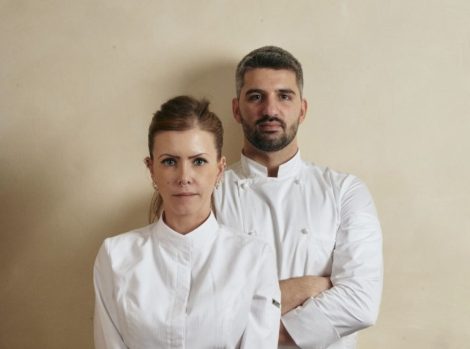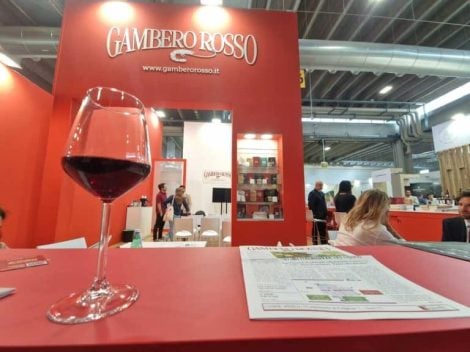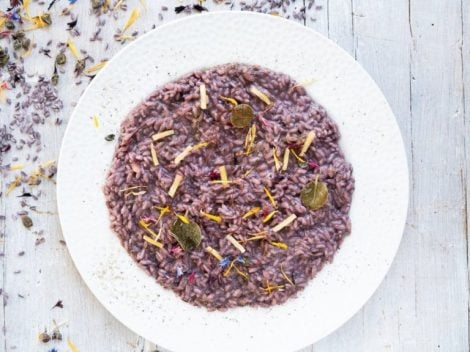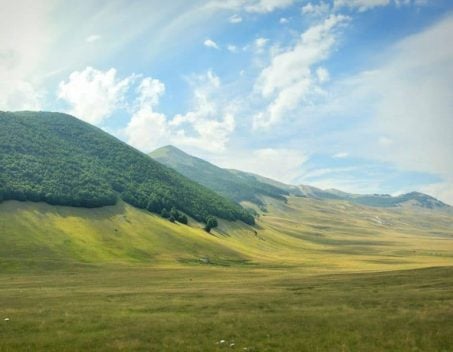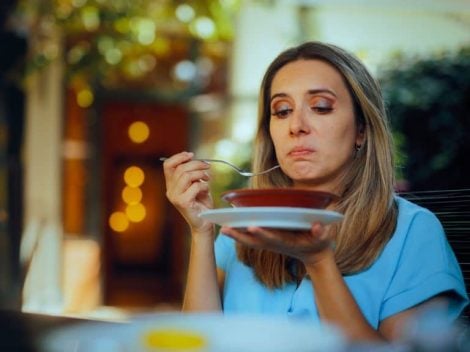“Biodynamic preparations 500 and 501 do not significantly improve or influence the physiology of the vine, yield, berry quality, or soil properties.” This is the startling conclusion of a Swiss study conducted by the Changins School of Viticulture and Oenology, reopening a contentious debate. The experiment, which began in 2015, was carried out on a vineyard of less than one hectare in Mont-sur-Rolle. The biodynamic method, incorporating these preparations (horn manure and horn silica), was compared with organic farming. The findings were clear: “Physiological parameters of the vine, such as yield per square metre, pruning wood weight, nitrogen content in leaves, as well as berry quality and soil fungal communities, showed no significant differences.”
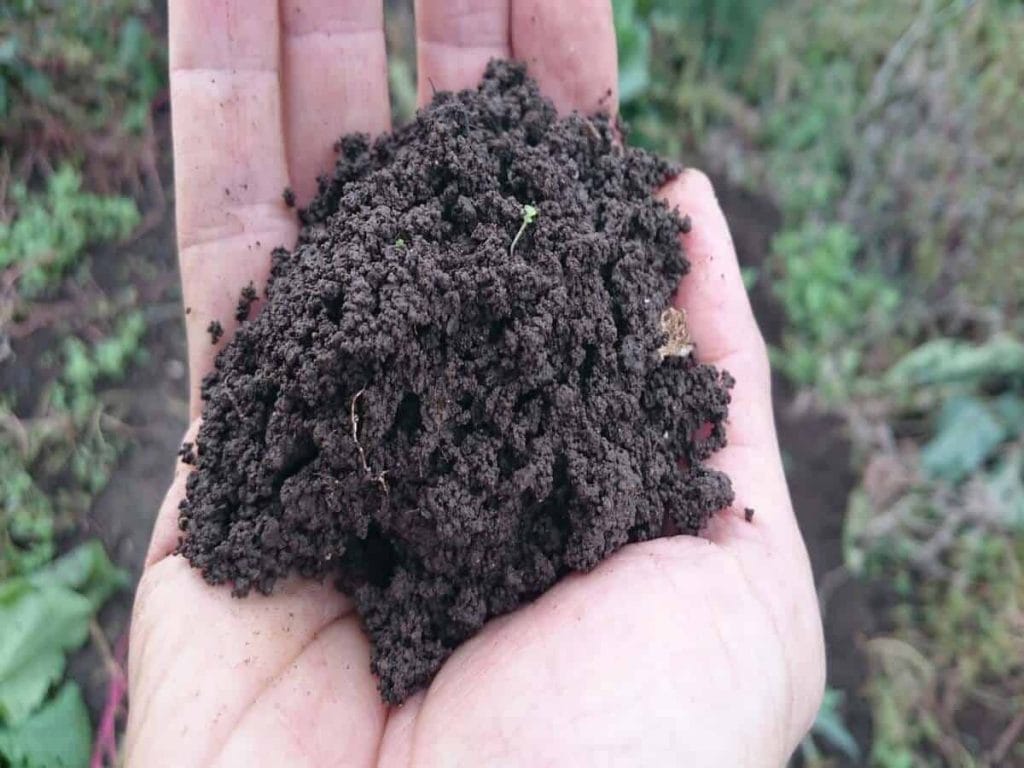
The costs of Biodynamic Viticulture
What, then, is the added value of biodynamic viticulture? “The lack of consistent and significant benefits of these preparations in our study raises questions about the added value of these practices,” the researchers wrote, “especially when considering the higher production costs associated with biodynamic farming, which range from 10 to 15% more than organic production.”
If these methods are being challenged, what remains of Steiner’s philosophy? This approach has been embraced with deep commitment by prominent producers like Gravner, Alois Lageder, and Gerard Bertrand. Is it just pure homeopathy? The researchers noted, however, that their study focused only on the use of preparations and not on other aspects of the biodynamic method, such as lunar cycles or other composts. Could the holistic combination of practices make a difference?

The Dedno Vineyard of Josko Gravner
The controversy in Italy
The debate has been particularly heated in Italy. In 2021, biodynamic viticulture was included in the draft decree on organic agriculture (“provisions for the protection, development, and competitiveness of organic agricultural, agri-food, and aquaculture production”) until Senator Elena Cattaneo denounced it as witchcraft and scientific fraud. Backed by the scientific community, her stance led to the removal of the term “biodynamic” from the legislation.
Supporters of Rudolf Steiner’s philosophy—an ever-growing number of certified producers—argue for its focus on balance, respect for nature, and harmony. But will these ideals justify the economic burden? As some might say in other contexts: a “mystery of faith.” In the end, the difference lies there.

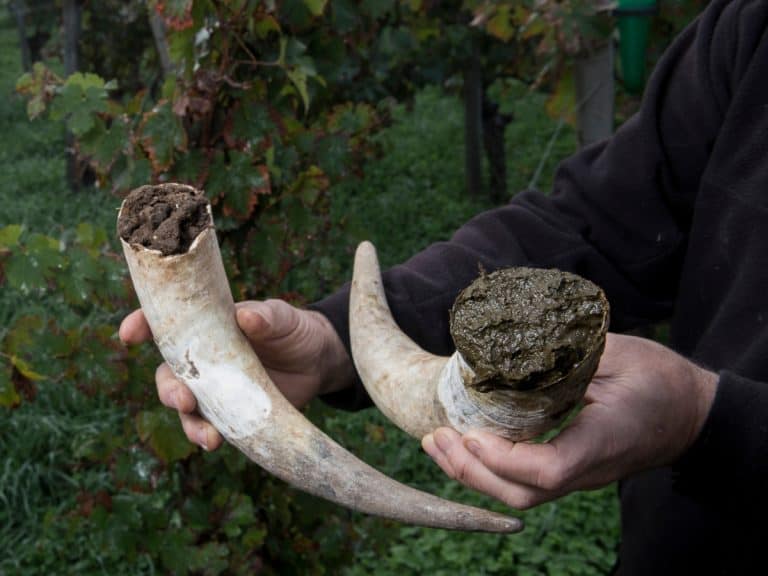
 Meloni: "Tariffs? If necessary, there will be consequences. Heavy impact on agri-food sector"
Meloni: "Tariffs? If necessary, there will be consequences. Heavy impact on agri-food sector" The Government honours the greats of Italian cuisine, from Bottura to Pepe. Massari: "Thank you, Meloni, the only one who listened to us"
The Government honours the greats of Italian cuisine, from Bottura to Pepe. Massari: "Thank you, Meloni, the only one who listened to us"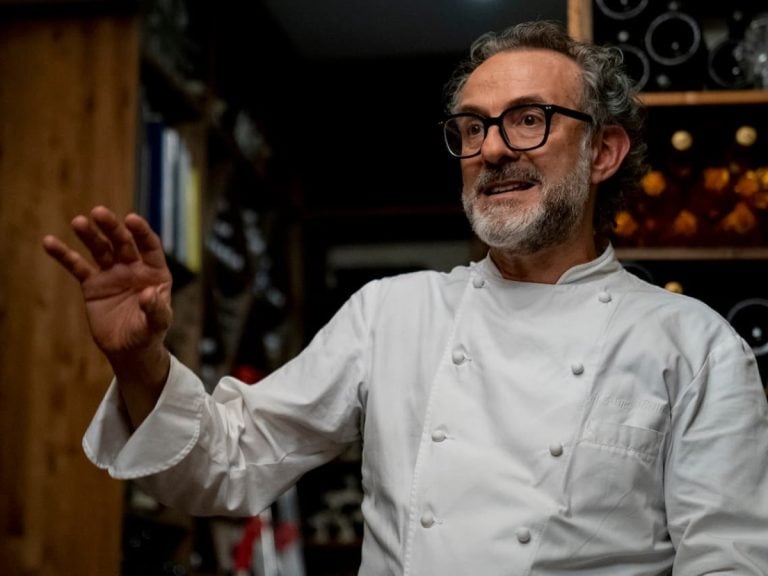 "We must promote a cuisine that is not just for the few." Interview with Massimo Bottura
"We must promote a cuisine that is not just for the few." Interview with Massimo Bottura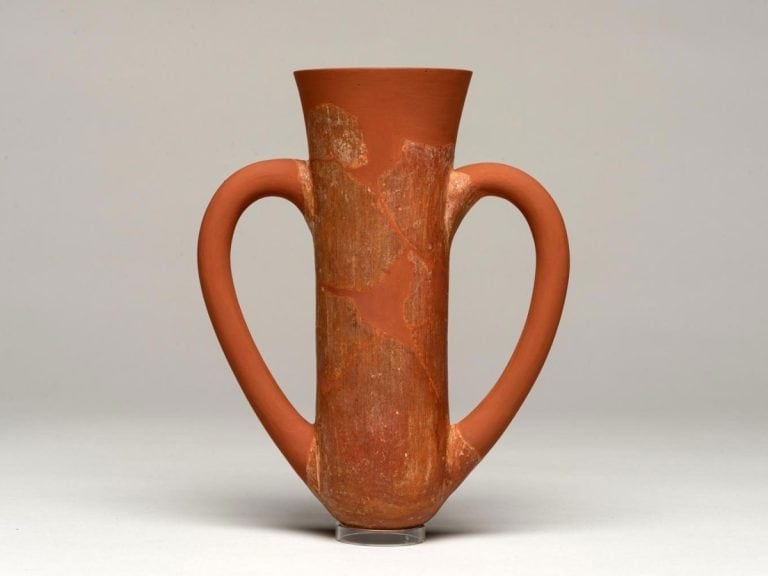 Wine was a drink of the people as early as the Early Bronze Age. A study disproves the ancient elitism of Bacchus’ nectar
Wine was a drink of the people as early as the Early Bronze Age. A study disproves the ancient elitism of Bacchus’ nectar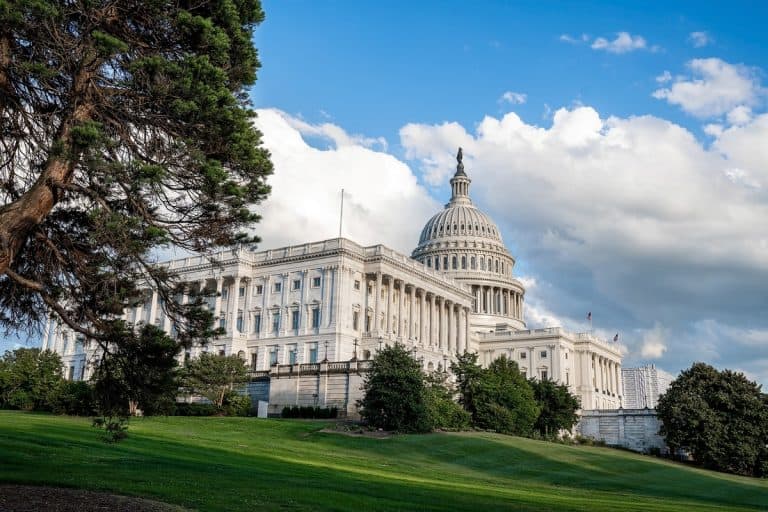 "From 2nd April, US tariffs between 10% and 25% on wine as well." The announcement from the Wine Trade Alliance
"From 2nd April, US tariffs between 10% and 25% on wine as well." The announcement from the Wine Trade Alliance